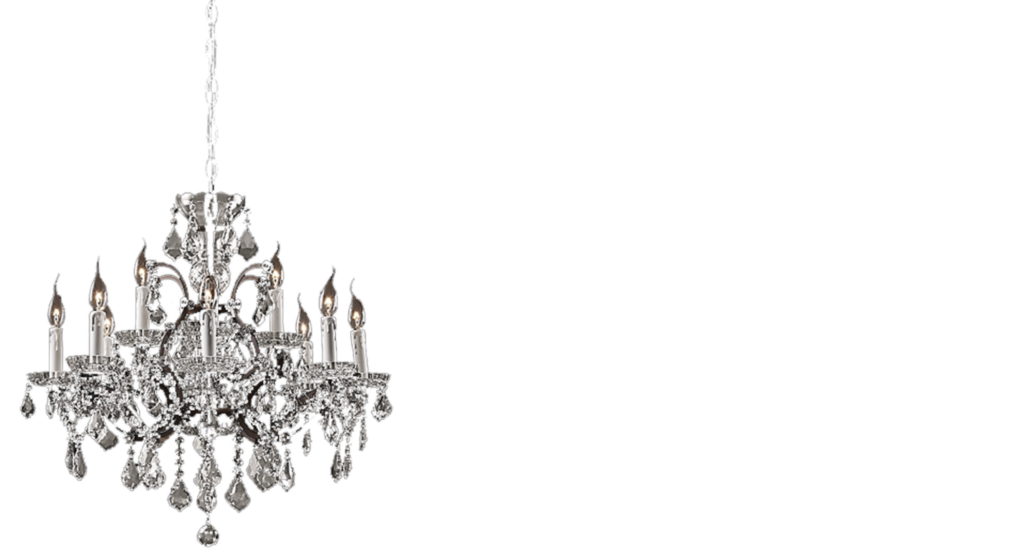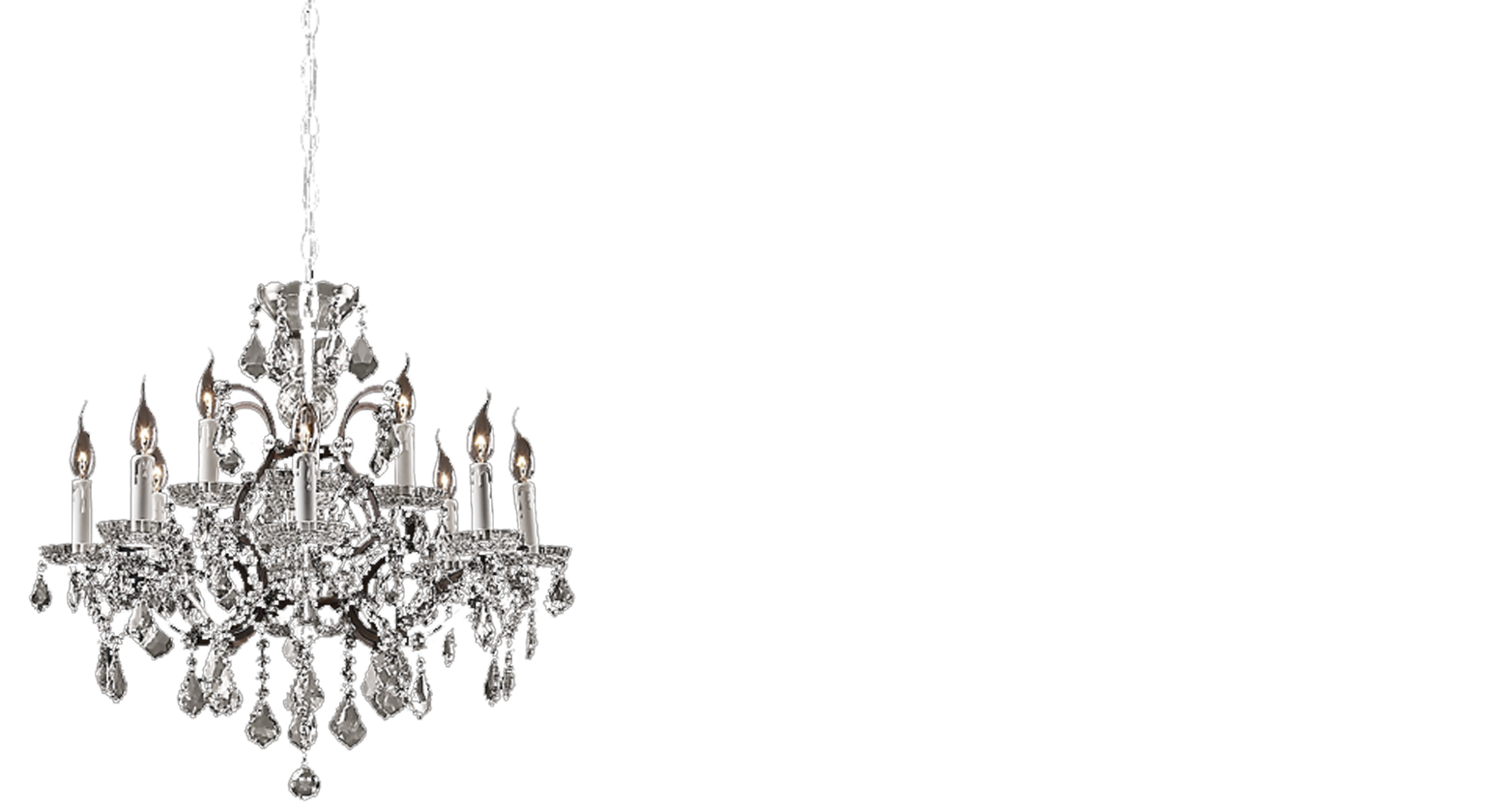It’s normal to feel nervous in certain situations. However, when your anxiety becomes too much and gets in your way of doing things or relating with others, your next step should be seeking professional help. Of course, there’s a stigma associated with finding help from a psychiatrist, but admitting that you need help for your anxiety is a significant step in the right direction.
Mental health issues are treatable with the right support. Visiting a mental health professional can help you determine what treatment is right for your needs. Luxury Psychiatry Clinic offers evidence-based treatment for anxiety disorders.
How Can You Tell How Bad Your Anxiety is?
You can tell your anxiety is terrible when it starts interfering with your life. This problem is referred to as anxiety disorder. Anxiety disorders are classified as mental health disorders. Here are some symptoms you need to look out for to determine if you’re experiencing an anxiety disorder:
Excessive Worrying
Anyone with an anxiety disorder will always worry disproportionately about an event or everyday situation. Your psychiatrist will determine whether you’re experiencing anxiety disorder if the worrying occurs regularly for at least six months and becomes difficult to control. This kind of worrying should also be severe and intrusive, affecting the patient’s concentration and ability to complete daily tasks.
Excessive Agitation
Part of the sympathetic nervous system is affected when you feel anxious about something. This leads to effects such as having a dry mouth, shaky hands, sweaty palms, and a racing pulse. These symptoms are meant to prepare the body to react to any threat.
The body takes away your blood from the digestive system to your muscles to prepare the body for a fighter running. It also heightens your heart rate and senses.
These effects are helpful when there’s an actual threat but can be debilitating when the fear is all in your head. This means that someone with an anxiety disorder is prone to these effects even when there’s no genuine threat around them. Their extreme arousal also doesn’t calm down quickly, meaning that this feeling will last longer than expected.
Excessive Restlessness
Restlessness is a common symptom of anxiety. This is usually indicated by an uncomfortable urge to move or feeling on edge. Your psychiatrist will look for this symptom as part of your anxiety disorder diagnosis.
Poor Concentration
About 90% of people with anxiety disorder have poor concentration. Other reports have also shown that anxiety disorder interrupts the working memory, which is responsible for holding short-term information. That’s why people with excessive anxiety experience a dramatic decrease in performance.
Poor concentration is also a symptom of other medical conditions, such as depression and ADHD. Therefore, you need more evidence to diagnose anxiety disorder besides having difficulty concentrating.
Excessive Irritability
People with anxiety disorder can also experience excessive irritability. Irritability is a state of being angered or frustrated even with the smallest of things. While irritability might be normal, excessive irritation may prove that you suffer from an anxiety disorder.
Difficulty in Sleeping
There’s a strong association between sleep disturbances and anxiety disorder. Some of the experiences you get include waking up in the middle of the night or having trouble finding sleep. Even though these two are strongly linked, it’s unclear whether difficulty sleeping results in anxiety or if anxiety leads to insomnia. However, it’s clear that when people treat anxiety disorder, they usually deal with difficulty sleeping.
Frequent Panic Attacks
An anxiety disorder may also result in panic attacks. These scenarios produce intense, overwhelming fear that can be debilitating. Some symptoms of panic attacks include sweating, shortness of breath, shaking, nausea, chest tightness, and rapid heartbeat. You may experience panic attacks as isolated cases.
Avoidance of Social Situations
Avoiding social situations is another sign of anxiety disorder. This is referred to as social anxiety disorder. Some of the symptoms of this disorder include:
- Feeling fearful or anxious about an upcoming social situation
- Worrying about being scrutinized or judged by others
- Feeling humiliated or embarrassed in the presence of others
- Avoiding particular social events due to these fears
Can Anxiety Be Dangerous?
Yes. Untreated anxiety can result in depression, substance abuse, brain fog, and other serious health issues. Here’s a breakdown of the effects of untreated anxiety:
Experiencing The Immediate Effects of a Panic Attack
Some physical effects become apparent when a person experiences panic attacks due to anxiety disorder. You may experience the following effects during these attacks:
- Increased heart rate
- Excruciating headaches
- Difficulty breathing
- Nausea
- Elevated blood pressure
- Muscle tension
Raises the Possibility of a Heart Attack
Panic attacks put a lot of stress on the heart, leading to increased pulse and blood pressure. This may result in a heart attack if left untreated. If you have heart disease, you’re twice more likely to have a heart attack due to anxiety.
Possibility of Substance Abuse
People with anxiety disorder are more likely to result to substance abuse as a way of dealing with their experiences. They’re more prone to overusing alcohol and marijuana since they are depressants, which slow their breathing and heart rate, making them feel calmer. This may result in dependence and addiction if not controlled early enough.
When Does Anxiety Become a Concern?
Anxiety disorder becomes a problem when it affects your ability to go through or cope with normal activities of daily living. It also becomes a concern if you cannot interact with others appropriately.
Finally, it also becomes an issue if some of the symptoms associated with anxiety become significant distress. That’s why it’s recommendable to seek treatment as early as possible. There are many treatment options to pursue, including therapy and medication.
When people cannot manage their mental health problems on their own, it is best to seek professional support.


























